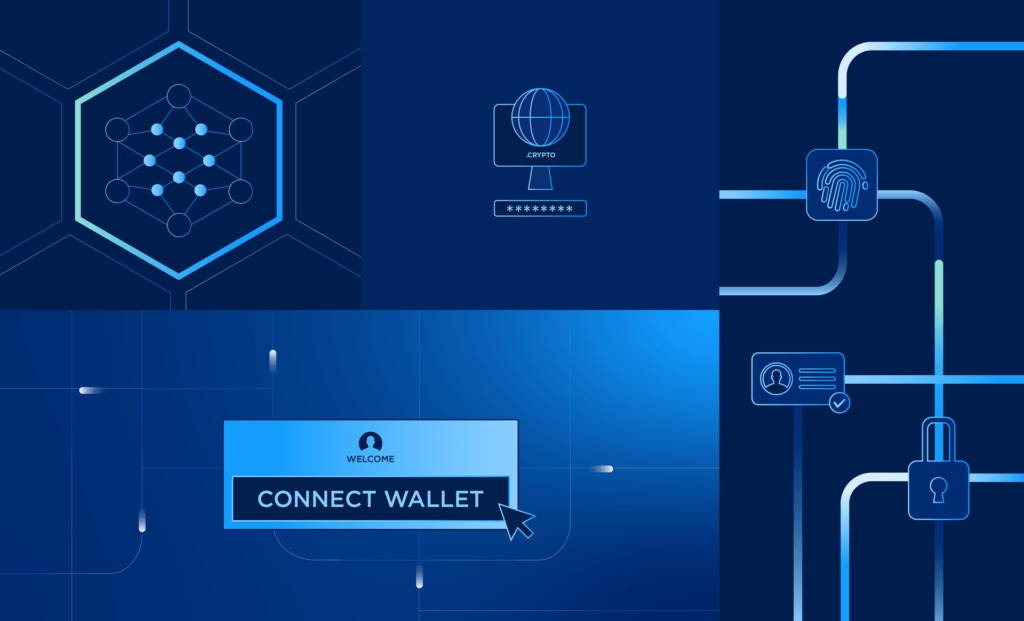With the rise of the digital age, the need for secure and portable digital identities has become increasingly important. The current centralized systems of identity verification have proven to be susceptible to data breaches, loss of privacy, and lack of control over one’s own personal information. This has led to the development of a new approach to digital identity – self-sovereign identity (SSI).
Self-sovereign identity refers to a decentralized system where individuals are in control of their own personal information. With SSI, individuals own and control their digital identity through the use of blockchain technology, allowing for a secure and portable digital identity. In this system, personal information is stored in a digital wallet, owned and controlled by the individual, instead of being held by centralized entities such as governments or corporations.
One of the key benefits of SSI is increased privacy and security. With traditional centralized systems, personal information is often stored in a single location, making it a target for hacking and data breaches. In contrast, with SSI, personal information is distributed across multiple nodes on a blockchain network, making it much more secure. Additionally, individuals have complete control over their personal information, deciding who has access and for what purpose.
Another benefit of SSI is improved efficiency in identity verification processes. In traditional systems, identity verification can be a time-consuming and complex process, involving multiple parties and intermediaries. With SSI, verification is streamlined, as individuals can easily and securely share the necessary information with the parties that need it. This leads to a more efficient and effective verification process, saving time and reducing costs for both individuals and organizations.
The potential for SSI extends beyond just identity verification, however. As we move into the era of web3 and the metaverse, digital identity will play an even more crucial role. In the metaverse, individuals will have a digital representation of themselves, known as an avatar, which they can use to interact and transact with others. In this digital world, SSI will provide a secure and portable way to manage one’s digital identity, allowing individuals to take their identity with them as they move between different virtual environments.
This opens up numerous new opportunities for innovation, particularly in areas such as digital payments and digital asset ownership. With SSI, individuals will be able to securely and easily manage and transfer digital assets, such as cryptocurrencies, without the need for intermediaries. This will lead to a more efficient and secure system for digital transactions, allowing for the growth and development of new digital economies.
Cosdec Labs, a leading player in the field of web3 and blockchain technology, is at the forefront of this shift towards SSI. Their cutting-edge solutions and expertise in the field of digital identity and SSI will help to drive the adoption of this new technology and bring its benefits to individuals and organizations worldwide.
In conclusion, the future of digital identity is self-sovereign identity. With the rise of web3 and the metaverse, the importance of secure and portable digital identities will only continue to grow. SSI provides individuals with increased privacy, security, and control over their personal information, while also enabling new opportunities for innovation and growth in the digital world. With companies like Cosdec Labs leading the way, the future of digital identity looks bright and full of possibilities.




